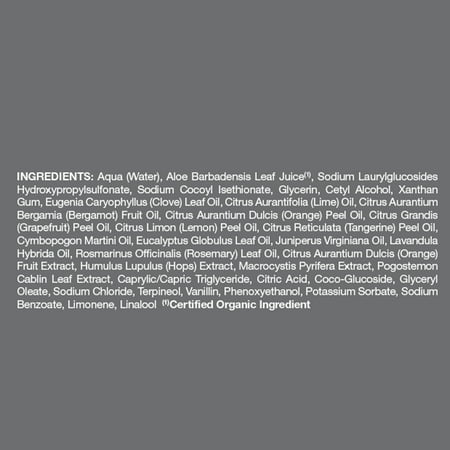JASON Men’s Mountain Spice All-In-One Body Wash, 30 Ounce Bottle
JASON Men’s All-in-One Mountain Spice Body Wash packs a botanically-powerful punch to deep clean your face, hair and body. The Aloe Vera moisturizes, while Orange Peel, Bergamot and Clove Oils leave you feeling refreshed and invigorated. Our biodegradable formula is made with safe, gentler and effective ingredients and contains no parabens, harsh sulfates, phthalates or petrolatum. It is also not tested on animals. The JASON brand believes in the power of nature’s ingredients to improve everyday wellness. We were pioneers of safer, wholesome personal care, and we continue to harness the earth’s bounty of botanicals and essentials for blends that refresh and restore. Wellness is our second nature, and it has been since 1959.







Reviews
There are no reviews yet.